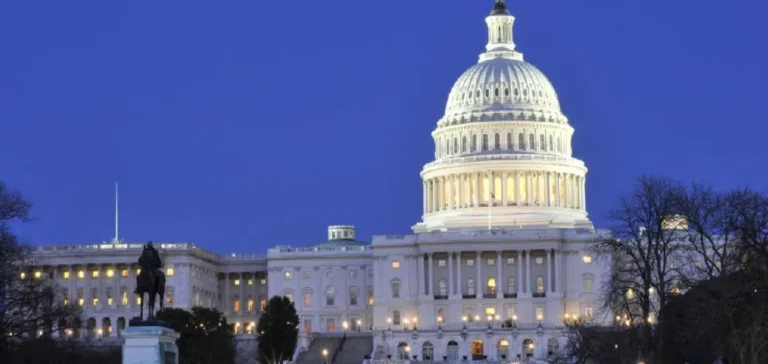The United States Department of Energy has announced its intention to return more than $13bn (approximately EUR12.2bn) in unobligated funds to the federal Treasury. These funds were originally assigned to support energy transition programmes under the previous administration. The decision is part of a strategic redirection of public spending driven by the current government.
The announcement was made by U.S. Secretary of Energy Chris Wright, who stated that the amount reflects “a commitment to refocusing the department on its core mission” regarding energy security. The refund is also linked to the implementation of the Working Families Tax Cut, adopted earlier this year, which mandates the streamlining of federal spending, especially in areas deemed non-essential.
A refocus on traditional domestic energy
The decision aims to halt the financing of programmes described by the current administration as wasteful climate-related expenditures. No specific details were provided regarding the affected projects, but the budget direction suggests a significant reduction in federal support for emerging decarbonisation technologies.
The Department of Energy stated that the returned resources will be used to ease federal budget burdens and support tax measures for households. Simultaneously, the agency announced a renewed focus on enhancing energy independence, grid reliability, and low-cost domestic energy production.
Expected impact on markets and public projects
This announcement comes as several states had planned project tenders relying on these federal funds. The return of these appropriations could affect the planning of some local energy infrastructure programmes, particularly those requiring federal co-financing.
No information has been provided on potential internal reallocations within the Department. However, the statement referenced a strategy to redirect efforts towards technologies considered more immediately profitable or aligned with domestic energy goals.
“Thanks to President Trump and Congress, those days are over,” said Chris Wright. “We are committed to promoting more affordable, reliable, and secure American energy.”






















